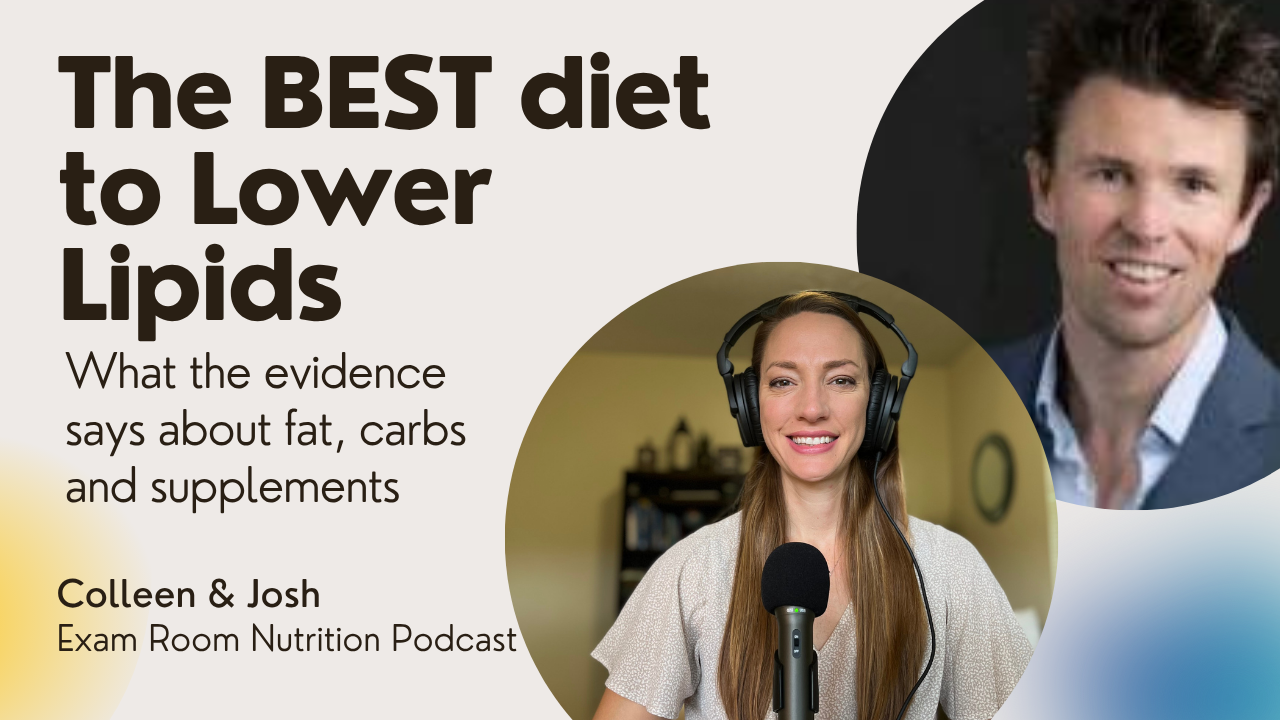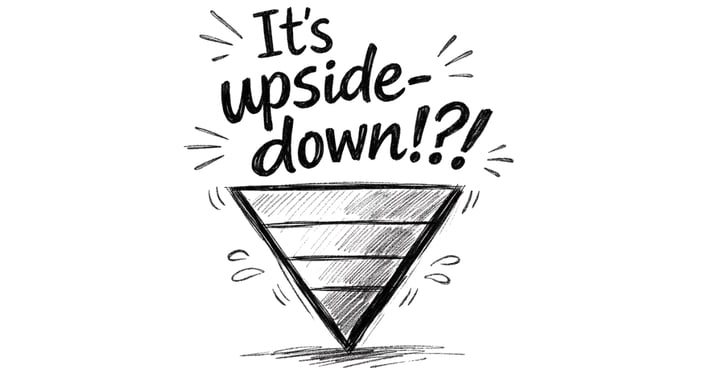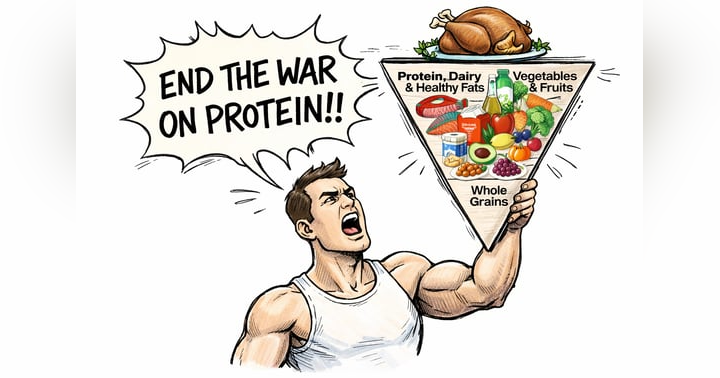How To Lower Cholesterol With Diet

"What’s the Best Diet for Lipids?"
It’s one of the most common — and controversial — questions we get as providers. But if you’ve ever tried to give a one-size-fits-all answer, you know it’s not that simple.
That’s why I invited Dr. Josh Wageman back to Exam Room Nutrition for Episode 117. Josh is a Clinical Lipid Specialist and author of The Home Security System and the Lipid Neighborhood. He’s known for breaking down complex cardiometabolic science in ways that's dare I say, fun!?
In our first episode (Ep. 111), we tackled labs, Lp(a), and advanced testing. You can listen to that here.
This time, we talked food.
Here’s a recap of what we covered—and how you can use it with patients who want to manage cholesterol through diet.
Enjoy Josh's humor and incredible knack for breaking down difficult concepts.
Why There’s No “Best Diet” for Everyone
Spoiler alert: There is no one perfect diet to manage cardiovascular disease.
Josh makes it clear: it’s not about the diet name—it’s about the dietary pattern. That means patients can be successful on the Mediterranean, DASH, Portfolio or the carnivore diet (sometimes).
Keep nutrition simple. He suggests teaching your patients 2 things:
-
Prioritize Protein
-
Eat real food
We spent the first 10 minutes unpacking low carb diets:
-
What to do when patients ask about keto or low-carb diets for weight loss or lipid management
-
How to spot when an LDL rise on low-carb isn’t worth panicking over — and when it is
-
Why some people have an astronomical rise in their LDL levels, and some don't
-
The "refeeding" strategy to use if patients want to continue on a low carb diet
🧠 Clinician tip: Any time you make a diet or medication change, have the patient follow-up between 4-12 weeks (6 weeks seems to be the sweet spot)
Supplements: What's Worth It?
Next, we broke down the three most common supplement questions you’re probably getting in practice when it comes to "naturally" lowering cholesterol levels:
💊 Red Yeast Rice “It’s basically mystery meat Lovastatin.” Josh avoids recommending this altogether due to variability in dose and quality. If a patient needs a statin, they deserve one that’s effective and safe.
💊 CoQ10 Commonly used to prevent or treat statin-associated muscle pain, but Josh explains that the evidence just isn’t strong. He actually recommends creatine as a more logical alternative—because it’s tied to the same biochemical pathway affected by statins.
💊 Fish Oil The key is checking an Omega-3 Index. If it’s <8% and they aren’t eating fatty fish, a high-quality EPA supplement may help. But over-the-counter options vary widely, and Josh is cautious about recommending them without lab data to guide decisions.
Nutrition Counseling in the Real World
We both agreed: even the most evidence-based dietary advice needs to be practical for patients to follow.
So how do you guide patients in 15 minutes or less?
Josh recommends:
-
Emphasizing patterns over perfection
-
Encouraging small swaps rather than overhauls
-
Framing food changes in the context of what matters most to the patient (energy, longevity, avoiding medication)
“The truth is, your overall dietary pattern — and how consistently you stick with it — matters far more than tracking every gram of fermentable fiber or the exact fatty acid profile of your meals. My general approach? Prioritize protein. Eat real food.”
Why This Matters for Clinicians
There’s so much noise about nutrition and cholesterol — both online and in our exam rooms.
This episode is designed to help you:
✅ Understand the actual data behind common diets
✅ Talk supplements with confidence (and caution)
✅ Know when an LDL rise matters — and when it doesn’t
✅ Give real-world, practical advice that doesn’t take 45 minutes
🎧 Listen to the Full Episode Here
👉 Exam Room Nutrition, Episode 117 👉 Available on Apple Podcasts, Spotify, and everywhere you listen.







